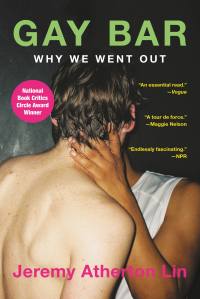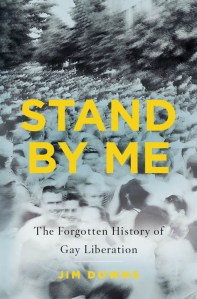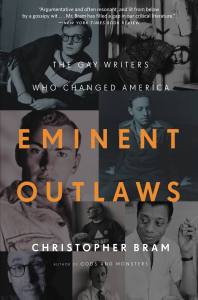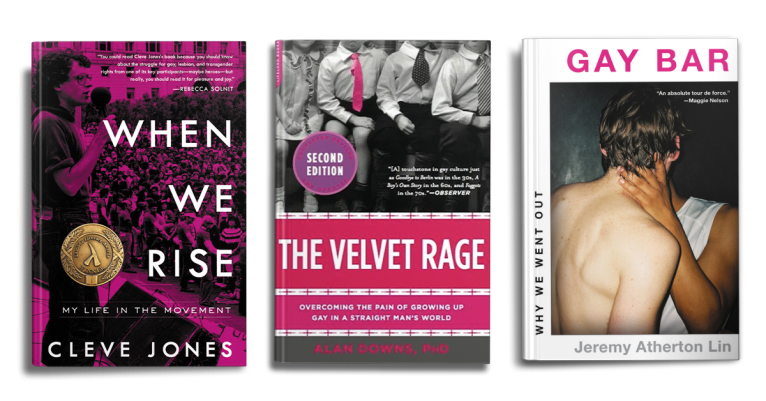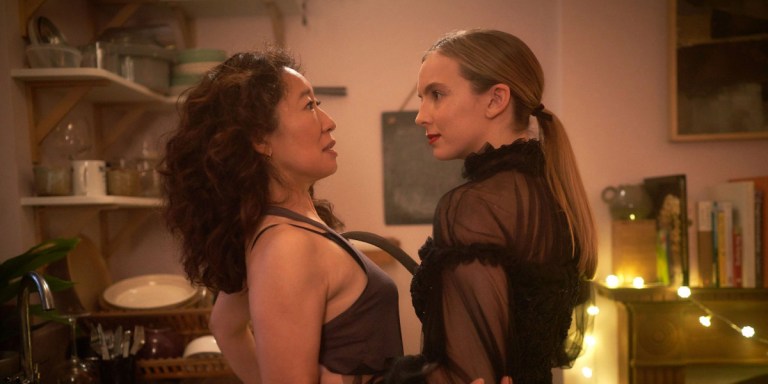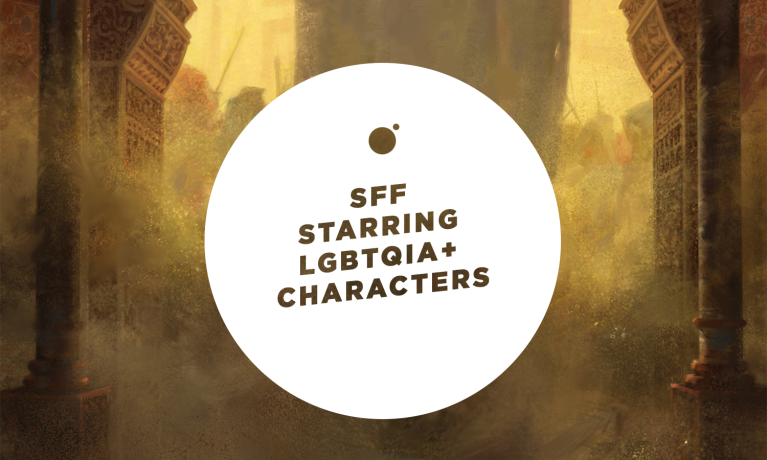Essential Reads About the Stonewall Uprising
This year marks the 51st anniversary of the Stonewall Uprising. While the fight for queer liberation began long before Stonewall, it remains a crucial piece of queer history and an important moment in the history of LGBTQ+ activism. Stonewall is also an essential part of American history. More than any other event, it brought the lives and struggles of LGBTQIA+ people into the mainstream American consciousness. And while we’ve come a long way since 1969, understanding what happened at Stonewall, the events leading up to the uprising, and the movements it helped spark
Happily, there are dozens of queer history books about Stonewall that celebrate its legacy. The six books on this list are only some of many, but they represent some of the best writing about Stonewall out there. They include LGBTQIA+ history books that provide context for the uprising, exploring gay life before 1969 and the history and importance of gay bars. Some of them are anthologies that tell he story of Stonewall in the words of the people who were there. Others look at how LGBTQIA+ activism has changed in the decades since Stonewall. Pride Month may be ending, but reading about queer history should be a year-round project for all of us. Whether you’re a member of the LGBTQIA+ community or not, you’ll want to pick up one (or all) of these incredible books. I guarantee they’ll not only teach you something new, but move and inspire you as well.
Stonewall may be one of the most well-known gay bars in the country, but it's certainly not the only bar that's played an important part in LGBTQIA+ history. Gay bars and other queer public spaces have always been a crucial part of queer culture. In Gay Bar, part memoir and part cultural history, Jeremy Atherton Lin explores the history of gay bars. He revisits the bars that have shaped his own life in an attempt to understand why so many of them are closed. This is a must-read book for anyone interested in understanding the enormous role bars like Stonewall have played in the queer rights movement.
Many mainstream narratives of LGBTQIA+ history post-Stonewall paint the 1970s as a decade of sexual freedom and political activism, but not much else. In Stand By Me, historian Jim Downs explores the untold nuances of gay life in the 1970s. Using records from LGBTQ community centers in several major cities, he explores the many ways queer people found connection, family, and meaning in the years following the Stonewall Riots. He writes about queer bookstores, faith-based affinity groups, and underground newspapers that sprung up in the 1970s, revealing how the legacy of Stonewall played out in ordinary gay life.
The Stonewall Riots were an important moment in queer history, but understanding the context of that moment is just as important as understanding what happened in June 1969. Eminent Outlaws provides some of that context. In this sweeping yet intimate history, Christoper Bram examines the lives of the 20th century's most eminent gay writers, including James Baldwin, Gore Vidal, Allen Ginsberg, and Edmund White. In telling the remarkable stories of these men's lives and work, Bram also tells the much larger story of fifty years of 20th-century gay life and queer history.
By clicking ‘Sign Up,’ I acknowledge that I have read and agree to Hachette Book Group’s Privacy Policy and Terms of Use
